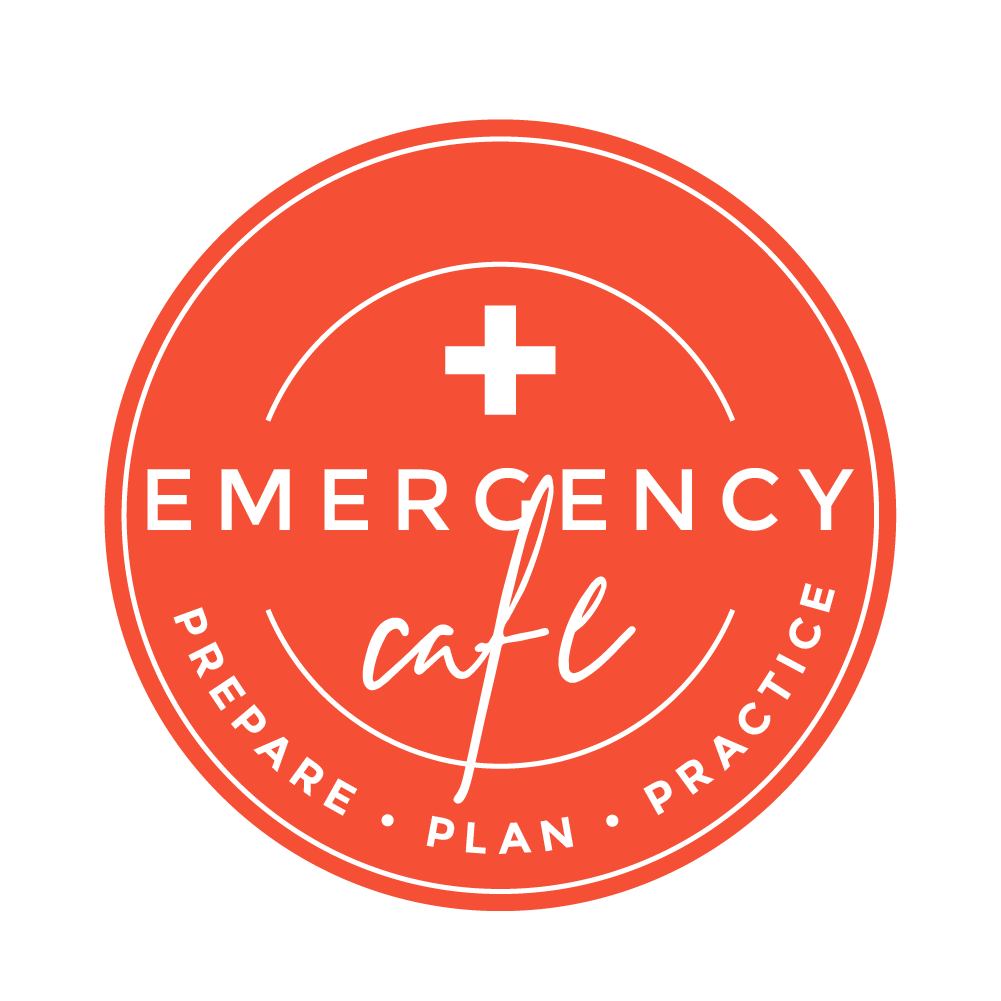Remember to include your family in all of your planning and discussions!
Making a Plan
When making a plan, it is important to include your entire family, including any caregivers for your children. Make sure that you plan on sharing responsibilities and work together as a team. This is especially great for kids because it empowers them rather than scares them. A plan is so important because if there is a situation where you do need to leave your home, everyone can remain calm because everyone knows their job!
Discuss the types of disasters that are most likely to happen in your community. Explain what to do in each case, i.e., earthquake, fire, severe weather.
Your family may not be together when a disaster strikes so make sure you plan how you will contact one another and review what you will do in different situations.
Familiarize yourself with the emergency plans of your child’s school.
When making a plan you need the following:
- Remember to always remain calm.
- Create an emergency phone numbers list including an out of town contact.
- Know the best way to evacuate your home.
- Create an escape route and practice it.
- Consider: If we get separated, where should we meet. You should choose 2 meeting places depending on the situation. If you are all at home, if you are not all at home.
- Who will get the children? This is important if you have more than one child. Think about how your home is laid out. Can one person get to both children? If your kids are younger, you might want to have one parent get one child and the other parent get the other child.
- Depending on how much time you have to leave, who will get the supplies?
- If you have pets, make sure you make a plan for them too.
SUGGESTED TOPICS FOR FAMILY DISCUSSION IN THE EVENT OF ANY EMERGENCY INCLUDING EARTHQUAKE AND FIRE
As you make your plans imagine living under these three possibilities:
- Your house suffers some damage, broken windows, fallen plaster, minor roof damage. Some of your utilities have been disrupted but you can stay in your home.
- Your house is so badly damaged that it is unsafe for occupancy. You must not stay in your home but could camp out in your backyard or a nearby shelter.
- Your entire neighborhood had been declared unsafe and you must relocate a distance from home for a period of time, possibly two weeks.
Here are a few more questions we recommend discussing with your family:
- How can we prepare ourselves at home?
- In the event of an earthquake, what are potential dangers in our home.
- Have a plan and rehearse it. After talk about how it went and if you need to make some changes. Escape route, where do we all meet.
- Are we prepared to evacuate our home in less than 30 minutes?
- Is there an emergency shelter location in our neighborhood?
- Which out of state relative or friend will you use as a contact?
- How much ready cash should we keep in our home? Banks and ATMs will not be working.
- What is our plan if an earthquake strikes while at work, school, a Saturday night?
- What emergency supplies do you need?
- Where should you keep your emergency supplies?
